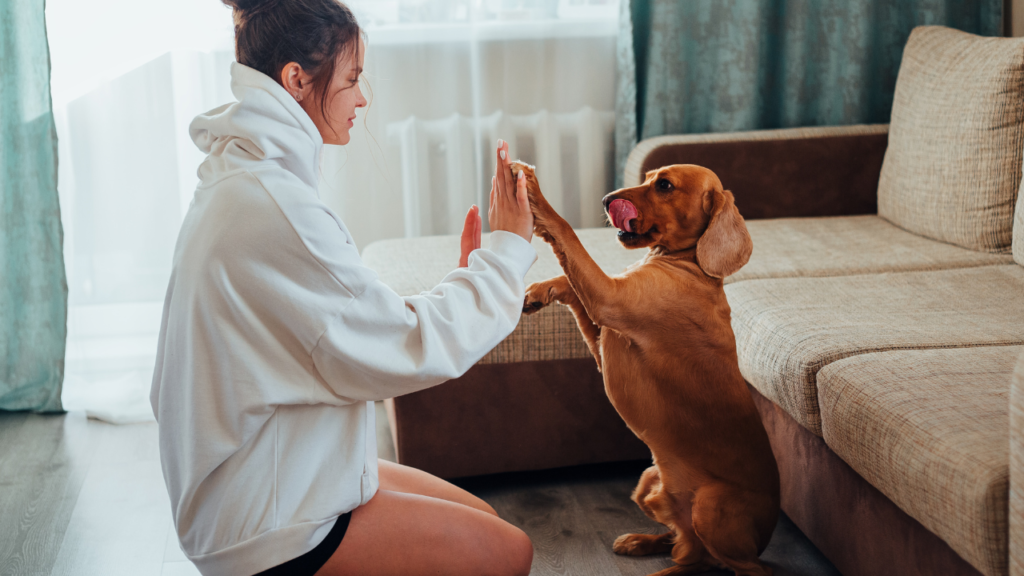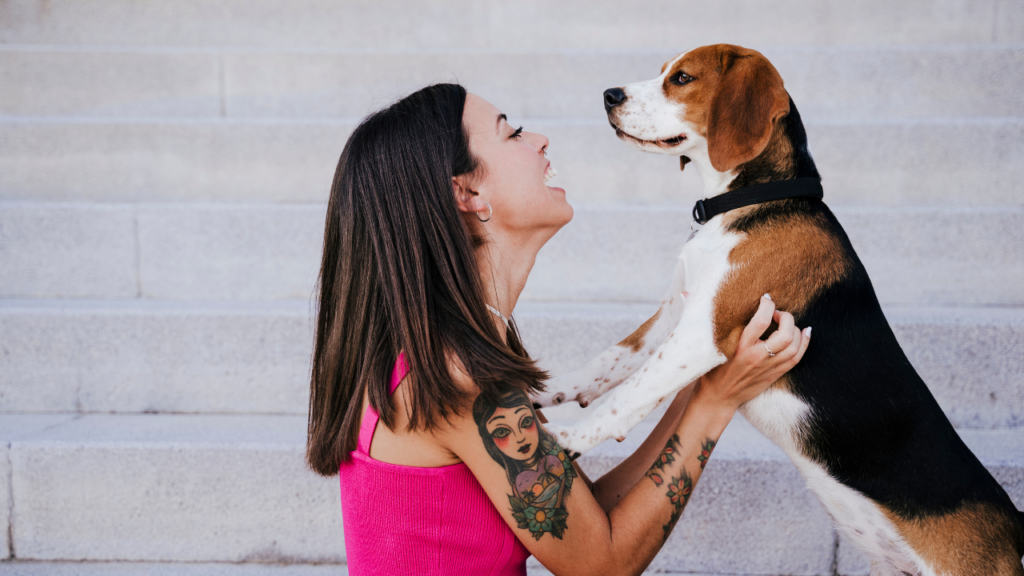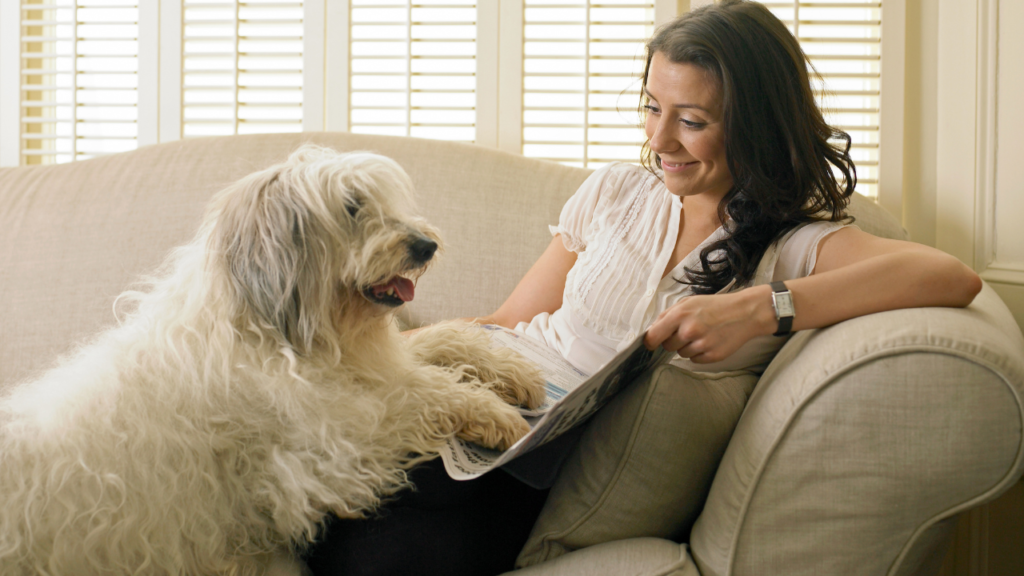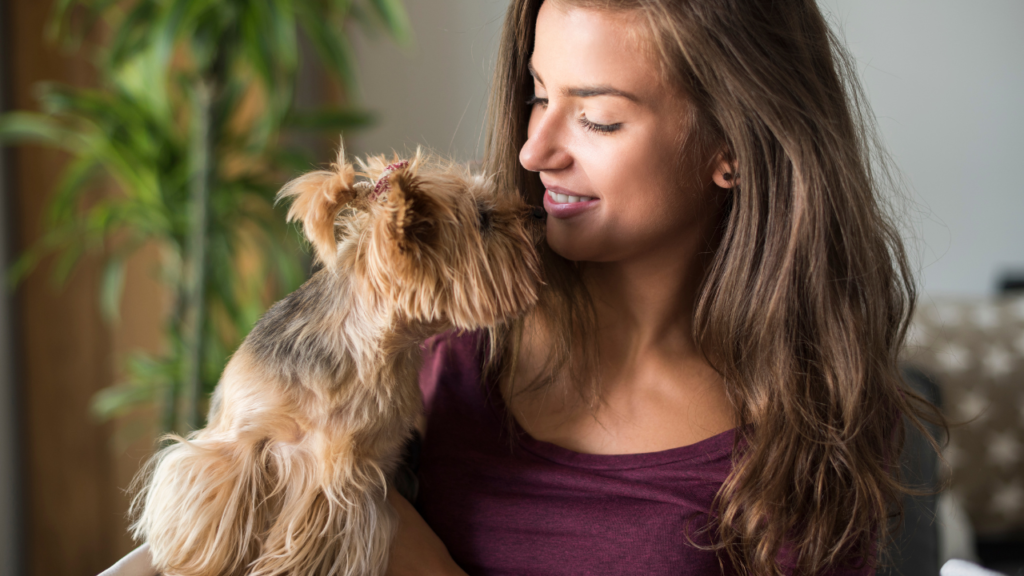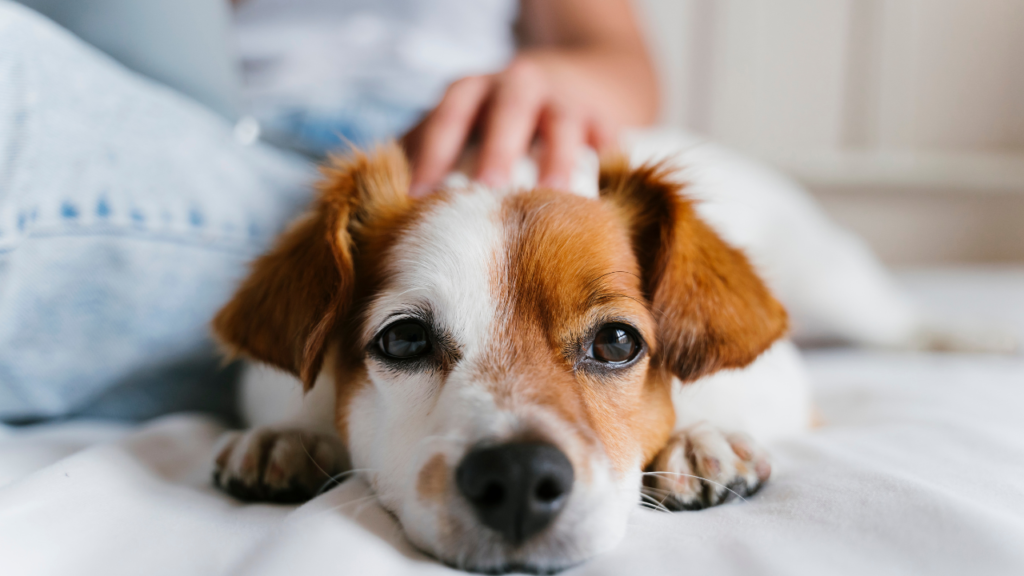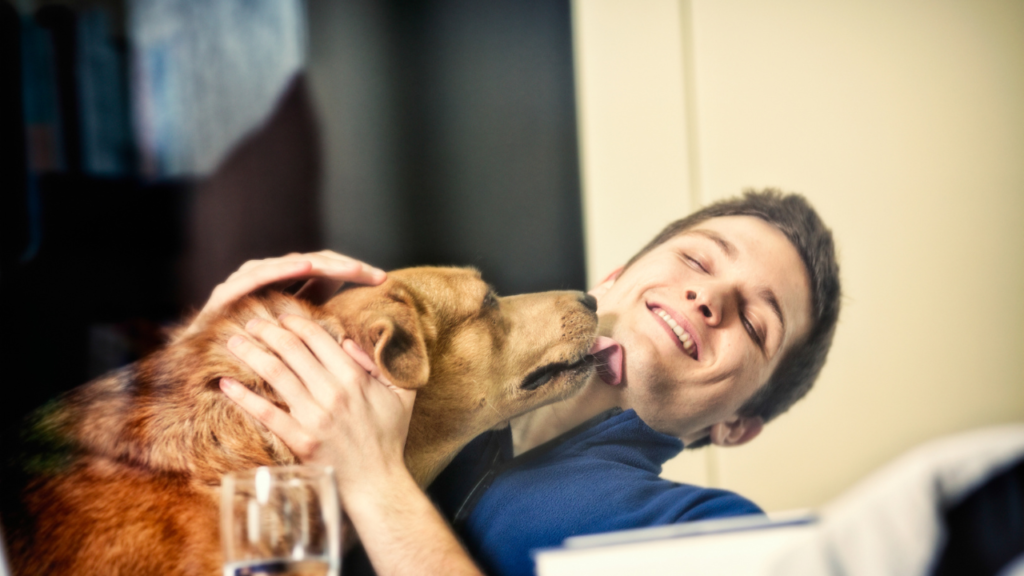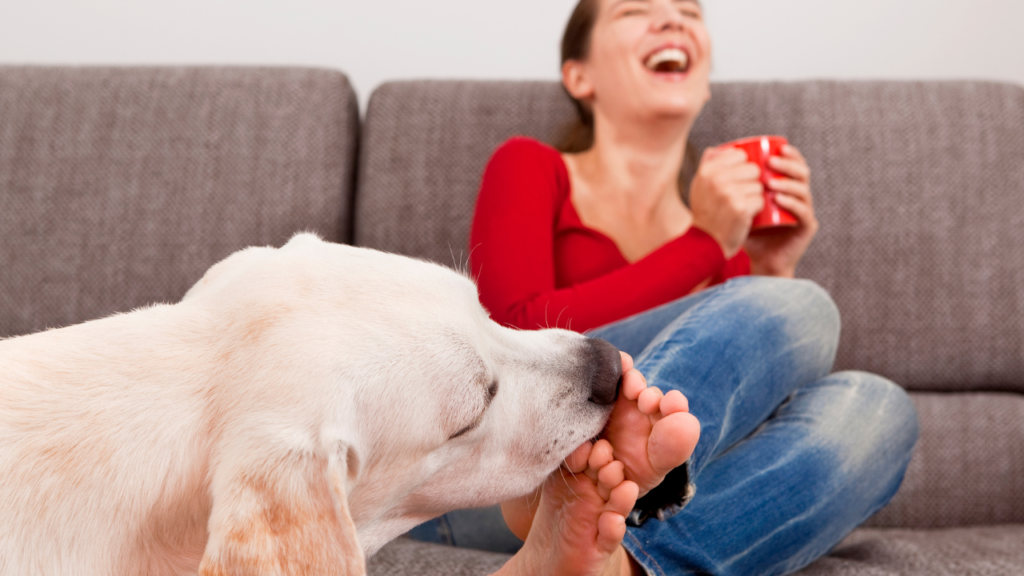How frequently should you bathe your dog? You might be surprised!
Table of Contents
Why You Don’t Need to Bathe Your Dog Every Week (or Month) and how frequently should you bathe your dog?
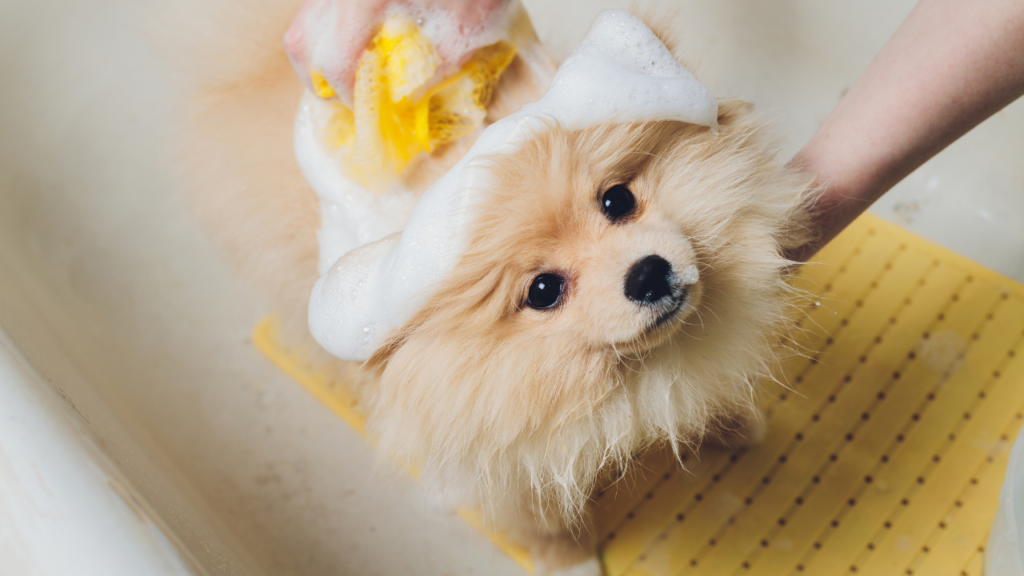
When your puppy rolls around in dirt, it doesn’t smell like mud, even though you think it is. At this point, it’s clear that Fido needs a bath.
However, should you, as Mila Kunis and Ashton Kutcher purportedly do with their human children, wait until you notice dirt on your pet before bathing them? In contrast, if you like your evening bath or morning shower, should you do the same for your pet?
While you may love your pet as much (or more — no shame) as the people in your life, canines and humans do not have the same cleanliness requirements. How frequently should you bathe your dog? There is no clear-cut answer. Here’s the lowdown on dogs and bathing frequency.
How frequently should you bathe your dog?
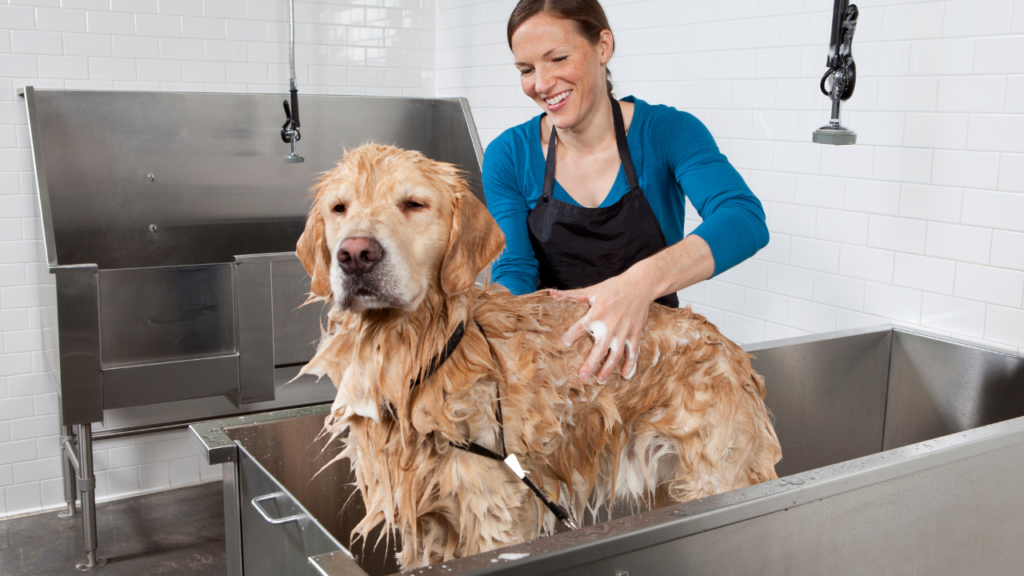
Dogs often benefit from a bath every one to three months, which is a wide range. The frequency with which your dog need a bath is affected by a variety of factors, such as activity level and coat length. Determining the answer is critical since baths keep coats and skin healthy, canines free of detritus and grime, and your home smelling fresh. Also, showers can be stressful for some dogs, so plan ahead of time and strategically schedule suds sessions.
These considerations will help you in creating the optimal bath regimen for your pet.
Coat length: Short-haired dogs typically require less bathing than their long-haired counterparts.
Coat type: Length is not the only factor to consider. Dogs with thick coats, like Siberian huskies, shed more regularly and hence require less frequent baths. Every two to three months should suffice. Dogs with soft, curly coats, such as poodles or those that shed infrequently, require more regular baths (monthly) because their fur gathers dirt more easily.
Activity:Dogs who are more active and spend more time outside will naturally need more regular bathing.
Your needs. If you have allergies, bathing your pet more frequently can help reduce irritants. Remember that your needs are important, too.
Your need : You can also deviate from your typical frequency by using common sense, such as when your dog plays about in the mud at the park. If you use their monthly preventative topically, you should time the bath around your dog’s flea treatment. Generally, you should avoid bathing your dog for 48 hours after applying tick and flea therapy.
Signs You’re Bathing Your Dog Too Frequently
There is a very good reason why veterinarians do not recommend bathing your dog on a daily basis, as you would for yourself or a human child. Bathing a dog removes more than just dirt and waste; it also removes natural oils that are needed for skin health. Bathing every one to three months, as well as one or two baths if a dog has had a bit too much outside fun, is not a problem. In reality, baths help to keep the dog’s hair shining and clean. However, cleaning your dog too frequently can remove enough oils to cause skin discomfort. Signs that your dog’s skin is inflamed are:
- Redness
- Bumps
- Increased scratching
- Excess licking
- Flaking and hair loss.
Some pet parents might be concerned about matting. Brushing your dog’s hair can help eliminate tangles and matting.
Should you go to a groomer or bathe your dog yourself?
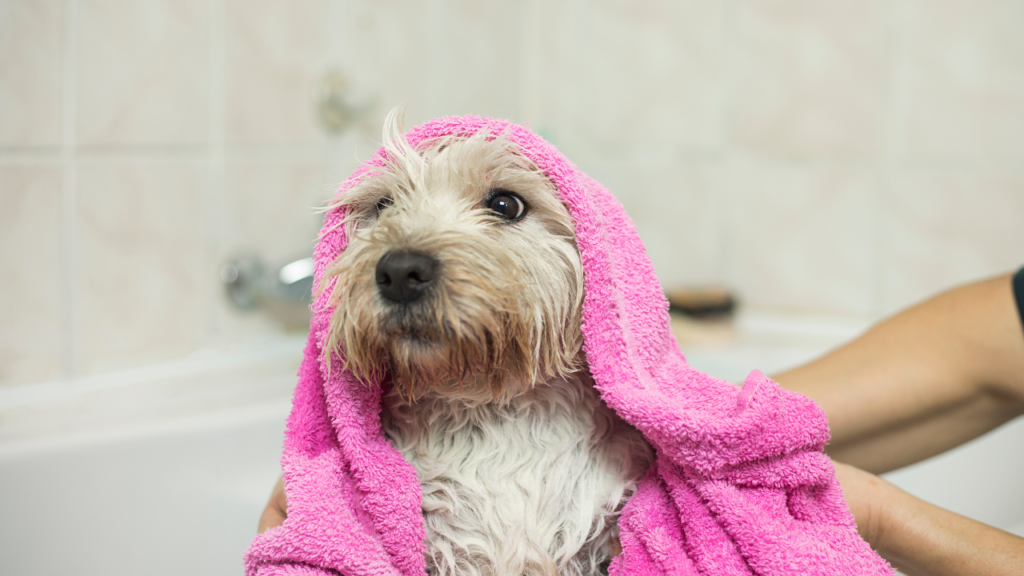
The answer to this question is unique to you and your pet. However, some pets (and pet parents) respond better to groomers. Convenience, comfort, and cost are all reasons to do things yourself at home. Consider hiring a groomer if you:
- Have a large dog that is tough to contain in the bathtub.
- Need help determining bath frequency.
- Have a dog who also needs haircuts and prefers to get bathing done at the same time.
- Have a dog that requires frequent bathing.
- Find that your dog adores the groomer.
- Want to pay a professional to do the work for you.
Final views about bathing pets.
Dogs, unlike humans, do not benefit from a daily bath. If anything, too many baths might deplete the dog’s natural oils and cause skin discomfort. Bathing at a regular cadence of once to three months is generally recommended, though a roll around in the mud may necessitate an additional session.
Coat length and type, activity level, and personal demands will all influence how often you bathe your dog. A veterinarian or professional groomer can provide personalised advice on bathing frequency and even shampoo selections. A groomer can also take care of your bathing needs.
How frequently should you bathe your dog? You might be surprised! Read More »

